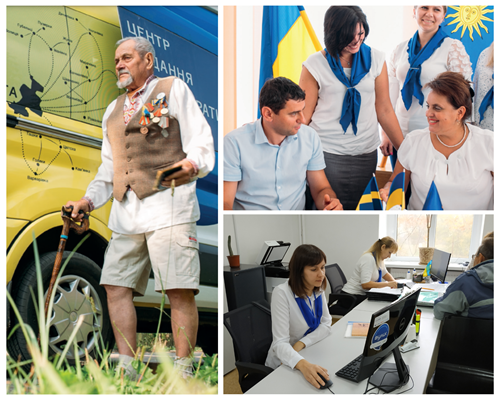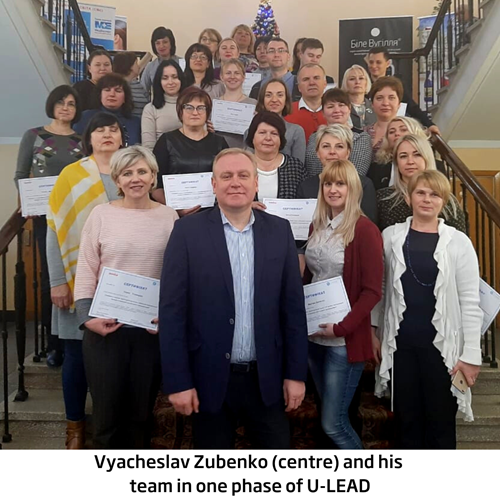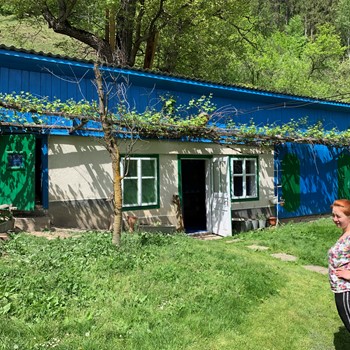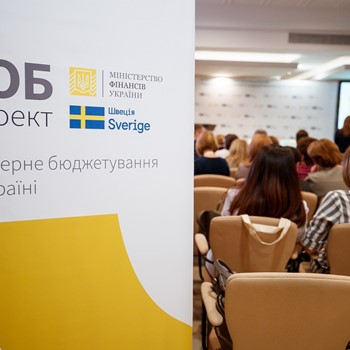“When we opened the ASCs, a standard was set and employees had to apply it. This created a demand among people for similar services in other parts of country. In the war, people have been forced to leave their homes and relocate to other oblasts (regions). But thanks to the work of U-LEAD, they can expect to receive the same service no matter where they go,” says Vyacheslav, adding “so resettlement is easier.”
Tetiana agrees there were aspects of implementing U-LEAD that were challenging. First came the pandemic and, with it, lots of unknowns. It was difficult to plan and absolutely different approaches were needed.
“Our work required us to visit in person the communities we were supporting – to help establish the legal framework but also to deliver trainings ... with the COVID-19 restrictions, that was not possible,” Tetiana explains, adding, “I am really proud of how we adapted the programme and reshaped the training to be able to deliver online. We taught everyone to use new tools even in remote communities and overcame bad connections. We were lucky to have a very qualified team who drove this process.”
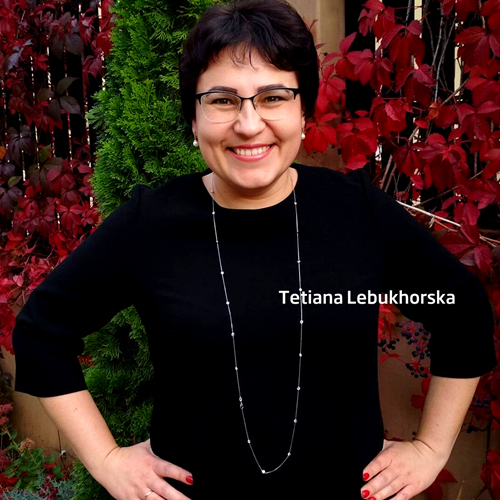
COVID-19 was not the only challenge Tetiana and her team faced. Another big one came in autumn 2020 when Ukrainian administrative reform led to a restructuring of communities. “The list we had at the beginning was not the one we ended with [villages were split or amalgamated with others]. As each ASC model is customised to the structure of the community – how many people live there, how far they are from the ASC, what services they need. All these factors affect the model. We had to adapt quickly, analyse and develop new models for those communities that were affected,” she says.
But there is a silver lining to those bumps in the road. Tetiana believes the experience she got are serving her well in her role as Senior Sector Lead on “Support to Ukraine’s Reforms for Governance” ‒ a Canadian project focussed on governance. Working remotely in Chernivtsi, Tetiana explains: “The priorities of our project have pivoted, and we are focussed on new issues Ukraine has faced due to the war, including food security. The theme is very different from U-LEAD but our approach is similar in terms of how to operate in a crisis situation with new ways of thinking and adapting.”
The work ahead
Both Tetiana and Vyacheslav are keen to work with NIRAS again and see opportunities to revisit the important work of U-LEAD.
“We are very optimistic we will win this war due to the support we receive from our partners,” says Vyacheslav. “But war or no war, economic development of local communities continues to be very important. The process of decentralisation [which began in earnest in 2014] is not complete, although our communities are receiving more power, there is still much to be done. Today there are 1469 hromadas, but only 70% have ASCs. The next step will be to deliver online services to improve coverage.”
But in the short-term, when the war ends and rebuilding starts, Vyacheslav and Tetiana agree it obviously must focus on infrastructure.
“A lot of ASCs have been destroyed unfortunately. These need to be rebuilt because they are, without question, the heart of the community. Together with hospitals and schools, ASCs should be a priority,” Tetiana states.
“I am a results-oriented person and this area of development where I work brings a lot of opportunity to bring real results and change to my country. That inspires me. We cannot predict anything today, everything depends on the outcome of the war. I just know that I am going to work for Ukraine and help my country succeed.”

